
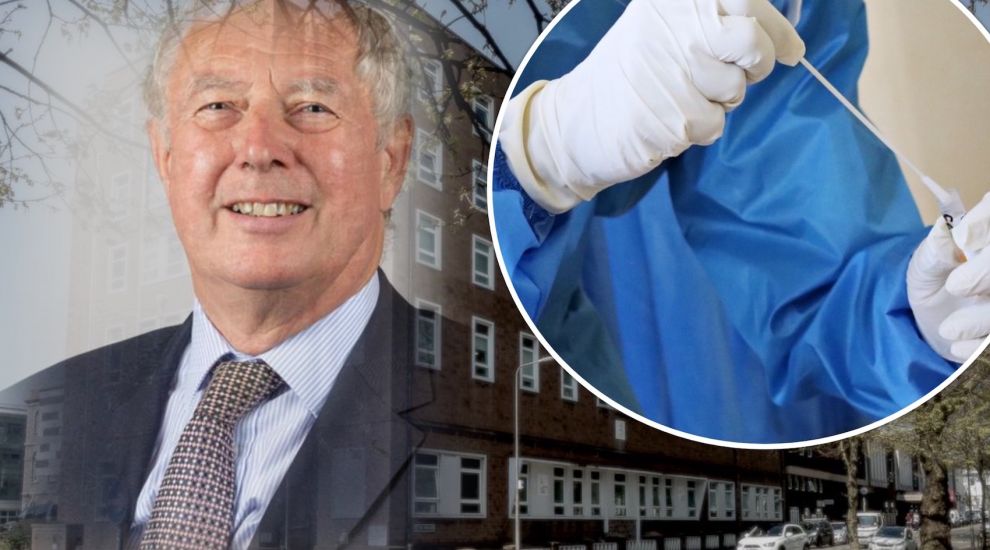

From being hospitalised in the very early days of covid to voting on key decisions on how the island would tackle it...one politician has had a wholly unique experience in dealing with the virus over the past year.
Yesterday marked one year since the first case of covid-19 was officially recorded in Jersey.
In a series of interviews this week, Express has spoken to islanders about how the virus crisis has changed their outlook...
“I think it’s fair to say that I was ignorant as anyone initially,” St. Mary Deputy David Johnson said of his knowledge of covid at the start of 2020.
From the perspective of a States Member, the issue had obviously been a point of discussion when the virus began making headlines across areas like Northern Italy and the UK, with Deputy Johnson saying he felt they had taken it “fairly seriously” from the near the start.
When it looked like the virus could be on Jersey’s horizon, shifts began to be made that brought home to the Deputy the gravity of the situation.
One was a decision to move States Assembly meetings to Fort Regent to allow for the new concept of physical distancing before virtual meetings were introduced.
At that point, the key message of Jersey's Government suddenly echoed the UK’s - to 'flatten the curve' and save the island’s hospital from being overwhelmed.

Pictured: Deputy Johnson said one of the first real signs things were getting serious on the island was when the Assembly had to move to the Fort.
But, as a man who considered himself relatively fit, Deputy Johnson described himself as having more of a “gung-ho” attitude towards illnesses like covid. After all, he had only five years prior competed in the Sark and Jersey rowing challenge whilst in his 60s.
However, at the beginning of April, what had previously only been a point of discussion in States Assembly meetings became a very urgent reality for Deputy Johnson. On the day after his birthday, he felt a sudden “shock and shuddering” that he had “never experienced” before.
“I remember it vividly simply because my birthday was the last day of March, and the next day… it visited me, it wasn’t just a mild thing. I remember that very evening, I shuddered, it was almost biblical,” he described.
“I was fairly sure something had happened to me, and I just wrapped myself in a duvet on the sofa. That immediate experience went away but I felt below par and over the next week or so, I just wasn’t eating - I basically got steadily worse.”
Deputy Johnson continued: “I remember on Good Friday my son was sufficiently concerned to ring up the out of hours surgery down the hospital, because the GPs won’t operate on Good Friday, and… they said bring him down and we’ll see."
After being taken down to the hospital, he was put in for oxygen and blood tests, but was told he was not ill enough to be admitted and sent back home to self-isolate. He did not have a test at the time, as capacity was far more sparse than the quick turnaround centres that we have now.
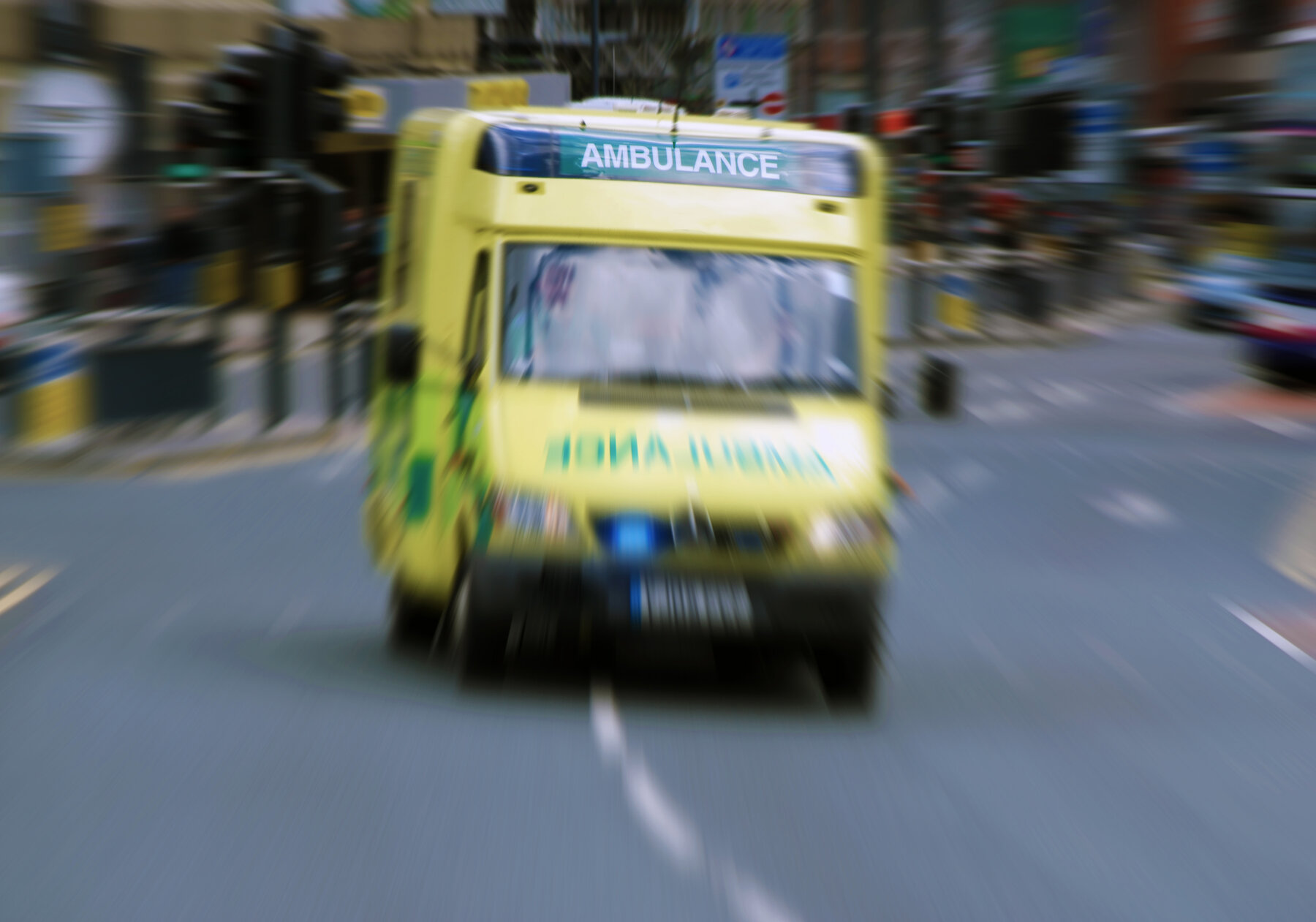
Pictured: Though Deputy Johnson was first sent home to isolate, an ambulance eventually had to be called when his condition worsened.
However, after a night of his son “nipping in every half hour during the night to make sure if [he] was still okay”, an ambulance was sent to the Deputy's home the following day. After various tests were taken, medics decided he should be admitted to hospital.
“I got taken down and got tested and found to be positive, and there I stayed for the next five days.”
After being given a burst of oxygen upon his admission, he spent a night isolated in a ward, before being transferred to a small ward of three other people for the remainder of his time in the hospital, where he shared with three other people with the virus.
“I think I was the least infected of those four – that wasn’t particularly pleasant in that sense – everyone there had oxygen masks on of some kind, and you basically sat there unable to talk one another.”
Talking about his overall stay in the hospital, Deputy Johnson said he felt that he had “peaked” as he came in, and that the subsequent days were more like a “bad flu” than the initial shock and shuddering.
“It wasn’t the most comfortable period of my life, but I’m not sure after that initial phase whether it was sufficiently bad for me to be over-worried, other than I knew what could happen…Poor Boris, he had something far worse than me, so I knew the way it could go,” he explained, referencing the UK Prime Minister’s admission to hospital in April.
He added he felt he was "fortunate" that his symptoms meant he did not have to be anywhere near a ventilator either.
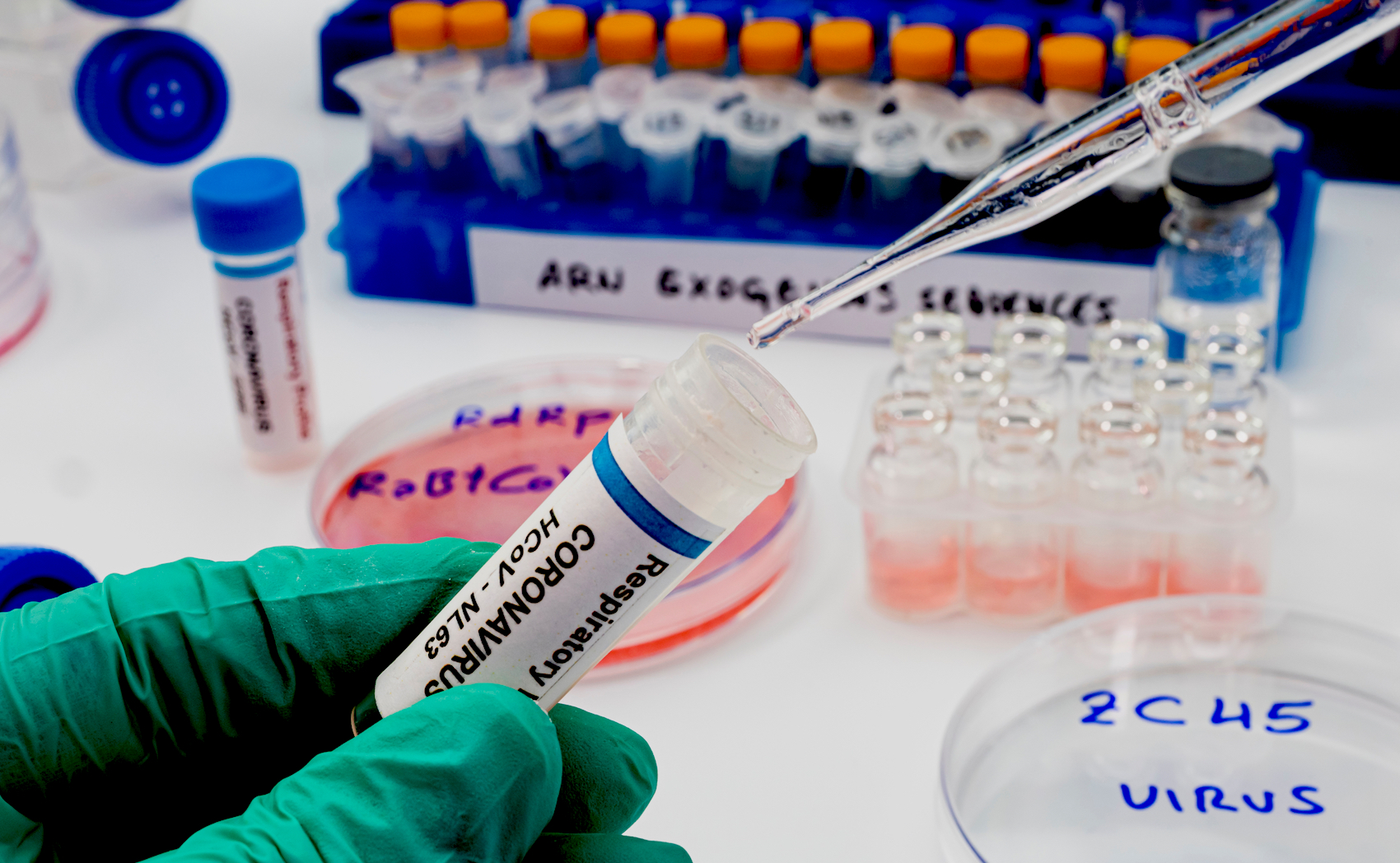
Pictured: Deputy Johnson spent five days in hospital after testing positive for covid.
But despite his own struggles, Deputy Johnson said his greatest pain looking back was thinking about the impact on his family, which he did not fully comprehend until afterwards.
He recalled how even explaining their feelings to someone had been deeply emotional for him at one point: "I broke down saying this - My younger daughter said, ‘You had us worried, Dad.’ It hadn’t occurred to me until then that I perhaps was worrying them. Looking back, that’s quite sobering.”
Though he was discharged within the week, self-isolating at home in separate quarters to his family, who were also self-isolating, he found himself mentally recuperating at pace.
His physical recovery was a different story, with even basic movements initially a struggle.
“I think mentally I was okay within a short period of time. Obviously we attended States sittings remotely in those days, so I think I was able to do that within a week of getting out. Physically was a different thing, and I found even walking up stairs was taxing, and I got breathless, and that worried me” he said.
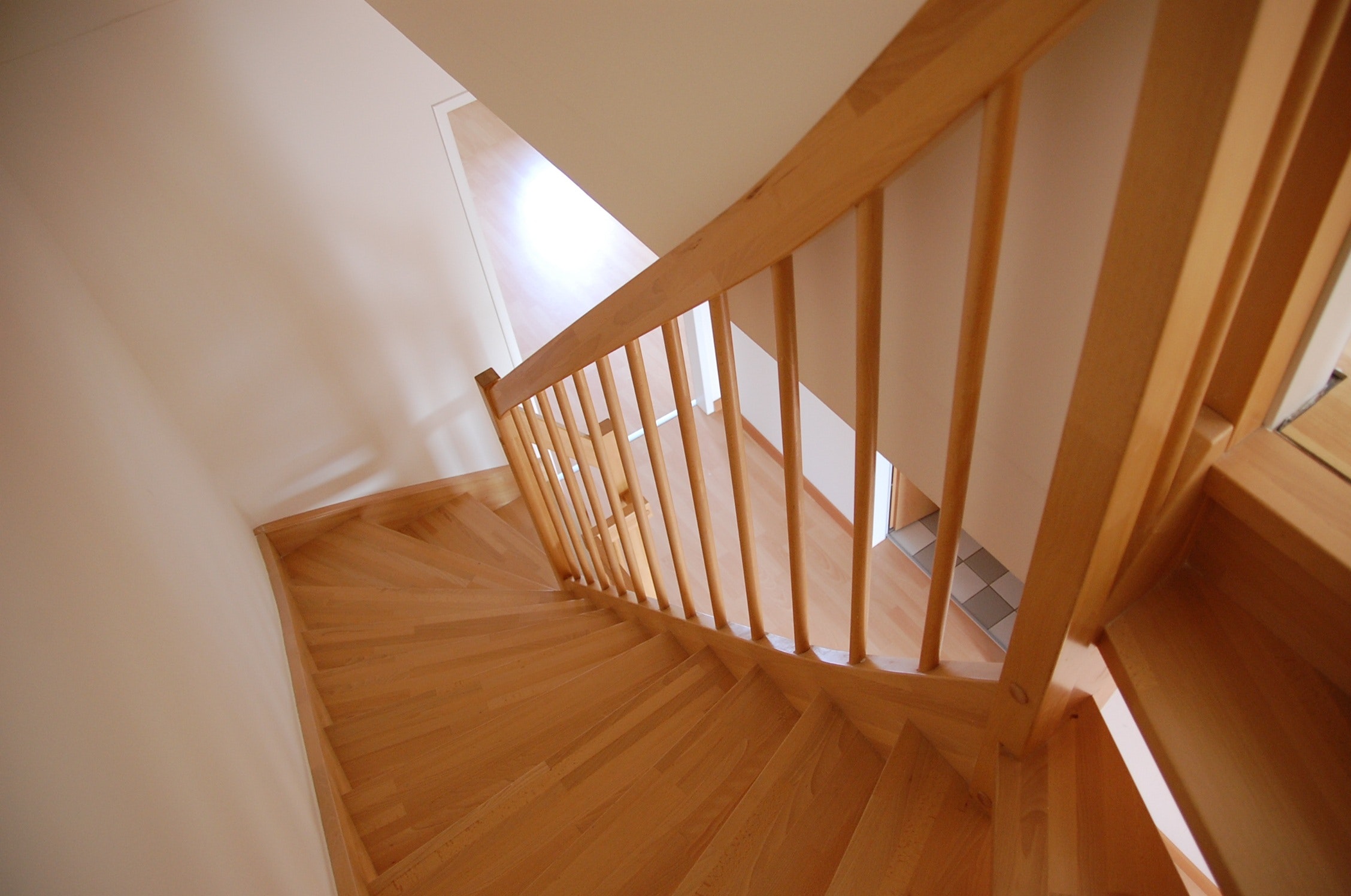
Pictured: Deputy Johnson found it took him a month to regain his physical strength, finding even walking upstairs taxing.
It took a month before he returned to his full health, saying it was around three to four weeks before he could “walk any reasonable distance without blowing up as it were” - though fortunately his daughter was on hand to take him out on regular visits to the shop to train him back up.
A year on, though he acknowledged he sometimes feels a little strained if having to walk at pace, Deputy Johnson said he “count[s himself] lucky” not to have any real symptoms of Long Covid.
Within a week of being discharged from hospital, Deputy Johnson said he was straight back to working from home, opening up a raft of e-mails from those unaware of his plight.
Indeed, working as a States Member with his experience with covid put him in the unique position as being one of the few who had experience of the virus, and was voting on key matters relating to how the island handled it.
Reflecting on whether there were any votes that weighed heavily on him or left him conflicted due to his own experience, he returned to July's vote to relax Jersey’s border restrictions beyond just essential travel, which he voted in favour of doing.
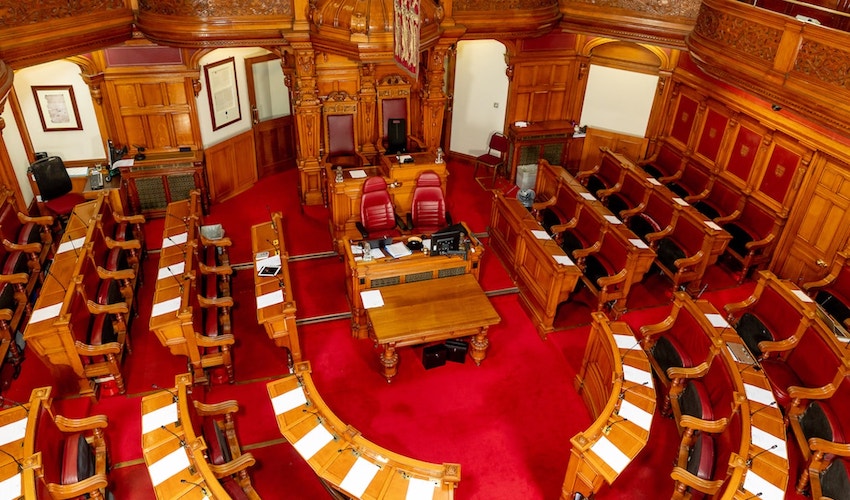
Pictured: The States Assembly vote on whether to relax border restrictions last summer was one Deputy Johnson remembered as being difficult for him.
From his perspective as Chair of the Economic and International Affairs Scrutiny Panel, he said: “I could see the need to give even six weeks’ worth of business to people involved in the hospitality area would be beneficial to them and save them from bankruptcy.
“On the other hand, yes, there were dangers.”
One particular memory that struck the Deputy from that vote was a phonecall he received from an elderly lady the following day during a States sitting, which brought home the complexities of the decision.
“She didn’t want to take any action, just wanted me to know that she helped out at a charity shop and she wished me to know she would no longer be doing that. I could understand it, because she was fearful that the virus would be brought in from outside, and she couldn’t place herself at risk.”
Though he stood by this decision from an economic perspective, he expressed reservations about the fact that mandatory isolation periods for all were not introduced from the start.
“Perhaps that should have been put in from Day 1... because our cases did rise,” he said.

Pictured: Deputy Johnson expressed reservations about not including mandatory isolation periods from the start of when travel was reintroduced.
Deputy Johnson's Scrutiny role also put him into contact with a range of local businesses affected by covid, which he said he tried to approach with a sense of "balance".
Highlighting the complexities to consider, he spoke of correspondence he recently had with a supplier of goods that assist with tackling covid. They had been affected by the Government’s decision to hand out the same goods free to businesses.
“To help out the businesses, Government steps in and has themselves provided this service free, to the detriment of this current supplier.
“So there are always two sides to it, and we certainly have a responsibility to all those missing out at the moment, but equally we have an overall responsibility to the island and the exchequer.”
Looking to the future, however, he said he was “optimistic” about how Jersey would cope with the virus, though he acknowledged that it would be a matter of learning to live with it rather than erasing it from our lives.
“We’re not going to eliminate it; it’s going to come back, we have to think of ways of living with it, and with our vaccination programme, I think we’re a long way there,” he said.
After a dramatic year in terms of his own health and the political decisions he faced throughout, Express asked the Deputy how his perspective had changed.
To this, he once again returned to the surprise of being so badly affected by a virus even when healthy, and emphasised the importance of the community pulling together to protect each other.
“I think I recognise that everyone is capable of getting it through no fault of their own," he said.
"To minimise the risk, surely everyone needs to accept it is their civic duty to get vaccinated unless they have some genuine reason not to do so."
Comments
Comments on this story express the views of the commentator only, not Bailiwick Publishing. We are unable to guarantee the accuracy of any of those comments.